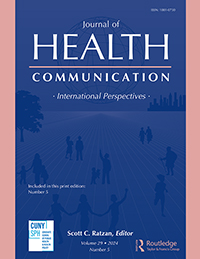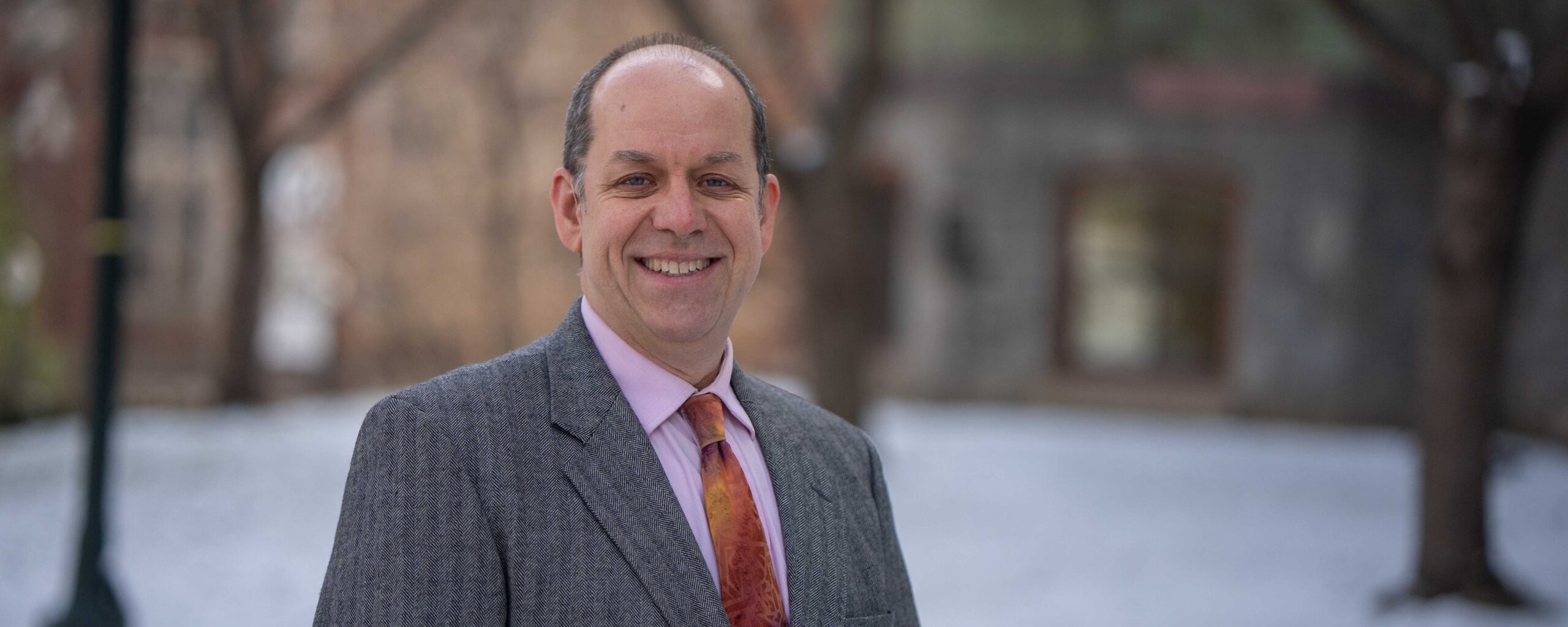 Abstract
Abstract
Despite differential uptake of COVID-19 vaccination between Black and non-Hispanic White Americans early in the pandemic, the gap narrowed over time. We tested five hypotheses that could explain the reduction in the disparity. Using a national probability panel of over 1800 individuals surveyed from April 2021 to July 2022, we assessed receipt of recommended doses of COVID-19 vaccines along with (a) reported exposure to deaths due to COVID-19, (b) trust in US health authorities, such as the CDC, (c) knowledge about the safety and efficacy of COVID-19 vaccination, (d) media use as a source of information, and (e) access to COVID-19 vaccines. Only increases in knowledge about the safety and efficacy of COVID-19 vaccines uniquely mediated the increase in vaccination uptake among non-Hispanic Black compared to White, Asian and Hispanic panelists. While trust in CDC and exposure to COVID-19 deaths were related to vaccination acceptance at baseline, those factors were not associated with change in reported vaccination coverage. In addition, neither differential access nor media use explained the increase. Enhanced knowledge about the safety and efficacy of COVID-19 vaccination transmitted from within the Black community likely helped to increase vaccination relative to other racial-ethnic groups.


